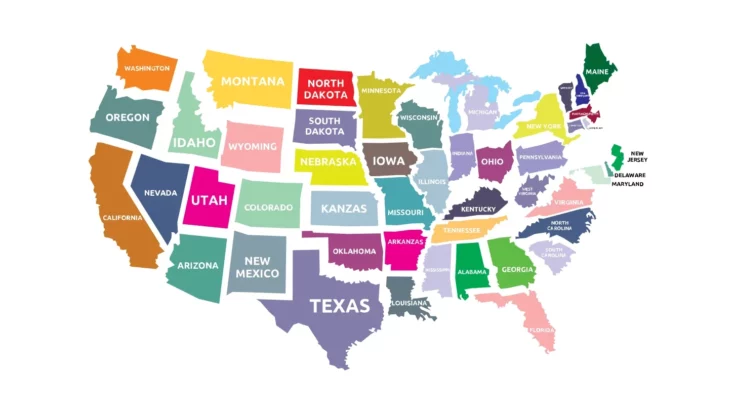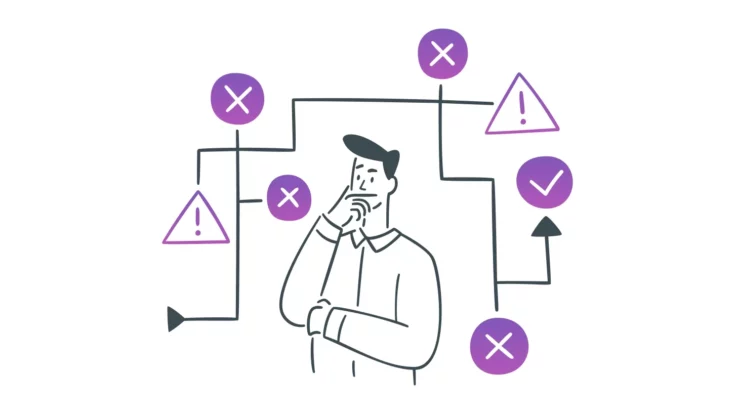Junk removal is a thriving industry, and if you’re running a business, it’s important to keep your finances in check. One way to do this is by setting up a bank account for your business. Not only will this help you manage your finances better, but it will also give your business more credibility. Here’s how to get started.
Step 1: Choose a bank that fits your needs
Choosing a bank can be overwhelming, but it doesn’t have to be. Start by researching banks in your area and compare their fees, services, and location. Make sure the bank you choose offers online banking, so you can manage your finances from anywhere.
Step 2: Gather your documentation
To open a bank account, you’ll need certain documentation, such as your business license, tax identification number, and proof of address. Make sure you have all of these documents ready before you visit the bank. Here is a list of everything you need:
- Business registration documents: You will need to provide proof that your junk removal business is registered and legal. This can include a business license, articles of incorporation, or a certificate of formation.
- Employer Identification Number (EIN): An EIN is a unique identification number assigned to your business by the IRS. You will need to provide your EIN to the bank to open a business bank account.
- Photo identification: You will need to provide a government-issued photo ID, such as a driver’s license or passport.
- Business address proof: You may be asked to provide proof of your business address, such as a utility bill or lease agreement.
- Financial statements: Some banks may require financial statements, such as a balance sheet or income statement, to open a business account. This may not be necessary for all banks.
- Business plan: Some banks may require a copy of your business plan to open a business account, particularly if you are a new business.
Step 3: Decide on an account type
When setting up a bank account for your junk removal business, you’ll need to decide whether to open a checking account or a savings account. A checking account allows for easy access to your funds, while a savings account can help you earn interest on your deposits.
Step 4: Fill out the application
Once you’ve chosen a bank and gathered your documents, it’s time to fill out the application. This will require you to provide your business name, address, and tax identification number. The bank may also ask for additional information, such as your estimated monthly deposits and expenses.
Step 5: Make your first deposit
Once your application is approved, you’ll need to make your first deposit. This is typically a small amount, such as $25 or $50, and serves as your initial balance.
Step 6: Set up online banking
Online banking is a crucial part of managing your bank account. It allows you to check your account balance, transfer funds, and pay bills from anywhere. Make sure to set up online banking as soon as possible to stay on top of your finances.
Step 7: Monitor your account
Once your bank account is set up, it’s important to monitor your account regularly. Check your account balance frequently and keep track of your transactions to ensure that everything is accurate. This will help you catch any errors or fraudulent activity early on.
Possible challenges
Opening a bank account for your business can be a straightforward process, but there are some potential challenges to be aware of. Here are a few things to keep in mind:
- Meeting documentation requirements: Banks typically require specific documentation to open a business account. Not having the right paperwork can delay the process or even prevent you from opening an account. It’s important to research the specific requirements for your bank and gather all necessary documents in advance.
- Meeting minimum balance requirements: Some banks require a minimum balance to open a business account or to maintain it. Failing to meet these requirements can result in fees or account closure. Be sure to understand any minimum balance requirements and how they may impact your business finances.
- Credit checks: Some banks may run a credit check on the business owners as part of the account opening process. If your credit history is poor, this could make it difficult to open an account or result in less favorable terms.
- Availability of funds: Some banks may put a hold on deposits made to a new account until the funds are verified. This can impact your ability to access your funds immediately, so it’s important to understand any hold policies in advance.
- Fees and charges: Be sure to understand any fees or charges associated with the account, such as monthly maintenance fees, transaction fees, or ATM fees. Knowing these costs in advance can help you budget accordingly and avoid any unexpected expenses.
Conclusion
In conclusion, setting up a bank account for your junk removal business is an essential step in managing your finances. By choosing a bank that fits your needs, gathering your documentation, deciding on an account type, filling out the application, making your first deposit, setting up online banking, and monitoring your account, you can keep your business finances organized and secure. Don’t overlook this important step in running your junk removal business.




